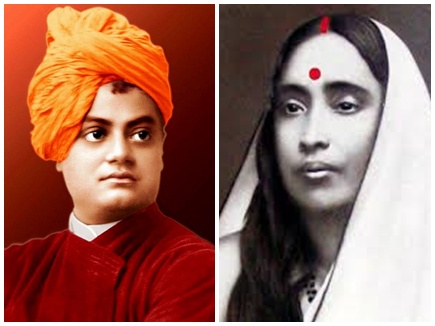The Importance and Philosophy of Yoga Sutra
Introduction
Welcome to the Interactive Knowledge Exchange podcast series, organised by the Dwarkadhish Holistic Centre in collaboration with the Centre for Indian Knowledge Systems at NIT Calicut. I am your host, Dhwani Shah, and today, we have the distinguished pleasure of introducing Acharya Prashant Jakhmola.
Acharya Prashant, born into a Brahmin family, is a distinguished yoga instructor based in Rishikesh. With a graduate degree in Biology and a Master’s in Yoga Science, he is currently engaged in advanced research. His extensive training includes prestigious institutions such as the Sivananda Yoga Ashram, and Kailash Ashram at Rishikesh, Bihar School of Yoga, and Uttarakhand Sanskriti University, where he studied Vedic scriptures and Vedanta.
Acharya Prashant’s early immersion in yoga has led to profound spiritual growth and a deep understanding of the intricate connection between anatomy, the mind, and emotions. He has shared his expertise globally through classes, workshops, teacher training programs, and online courses like Breath Detox and Pranic Purification.
As the founder of Yoga Vidya School, he is dedicated to promoting authentic yoga knowledge and fostering a community of disciplined yogis. Today, we are honoured to have him discuss “The Importance and Philosophy of Yoga Sutra,” sharing his invaluable insights and experiences.
Guest Of Honours:
I welcome Professor R. Sridharan
We are honoured to welcome Prof R. Sridharan, a renowned expert in Indian Knowledge Systems, whose academic journey commenced with a B.E. Honours degree from REC Trichy and advanced through an M.Tech from IIT Kharagpur and a Ph.D. from IIT Bombay. From February 2022 onwards, he is working in the area of Indian Knowledge Systems, at NIT Calicut, Professor Sridharan has significantly contributed to the field of Industrial Engineering and Management mentoring and Indigenous Knowledge Systems, mentoring numerous Ph.D. scholars and authoring extensive research.
I welcome Anil Pandit
Anil Pandit is a distinguished expert in engineering and technology, with an impressive academic background that includes a B.Tech degree from IIT Bombay, along with esteemed qualifications such as MIE, Chartered Engineer, and Industry Teaching Fellow. With a career marked by significant achievements, including obtaining his first patent in 1981 and serving as a program manager for both the Bureau of Indian Standards and the International Engineering Educator program, Anil has held prominent leadership positions such as Technology Business Leader and Chief Engineer, earning him a revered status in the engineering community.
I welcome Rajesh Jain
Rajesh Jain is deeply involved in Spirituality with Indian philosophies being applied at its core in business and his charitable activities. For this, he was recognised by King Charles and Queen Camilla with a garden party at Buckingham palace. Recently he was also honoured with the NRI Achievers Award.
I welcome Dr. Madhumita Chatterji
Dr. Chatterji, the distinguished Director of ABBS School of Management at Acharya Bangalore B School, possesses extensive experience from her previous leadership roles, including CEO and Board Member at Ants Consulting and Services, and Director at IFIM Business School, now known as Jagdish Sheth School of Management in Bangalore. With over three decades in academia, she has taught at prestigious institutions such as Corvinus University in Budapest and has served as a mentor for the HRM program at Middlesex University, earning recognition for her contributions to both academia and the corporate world.
Topic Covered:
- Acharya Prashant, can you elaborate on your early journey into yoga and how it shaped your spiritual growth?
- How did your academic background in Biology and Yoga Science influence your understanding of the connection between anatomy, the mind, and emotions?
- Could you share some key insights from your time studying Vedic scriptures and Vedanta at the Bihar School of Yoga?
- What motivated you to establish the Yoga Vidya School in Rishikesh, and what are its core principles?
- In your opinion, what is the significance of the Yoga Sutra in contemporary yoga practice?
- How do the teachings of the Yoga Sutra align with modern scientific understanding of the mind and body?
- Can you discuss the importance of maintaining the purity of yoga traditions in today’s rapidly evolving world?
- What are some common misconceptions about yoga that you encounter in your teachings, and how do you address them?
- How do your online courses, such as Breath Detox and Pranic Purification, integrate the principles of the Yoga Sutra?
- Finally, could you provide some practical advice for individuals looking to deepen their understanding and practice of yoga through the philosophy of the Yoga Sutra?











